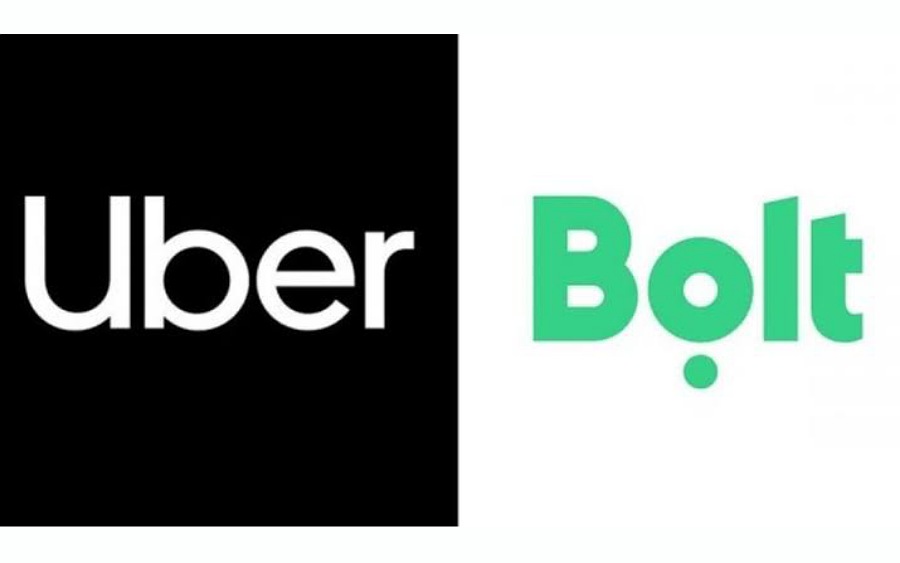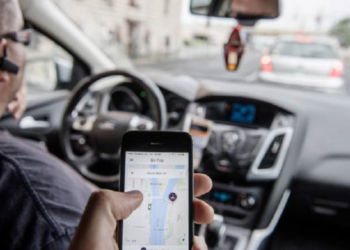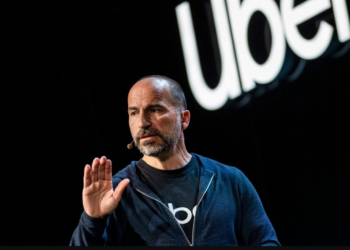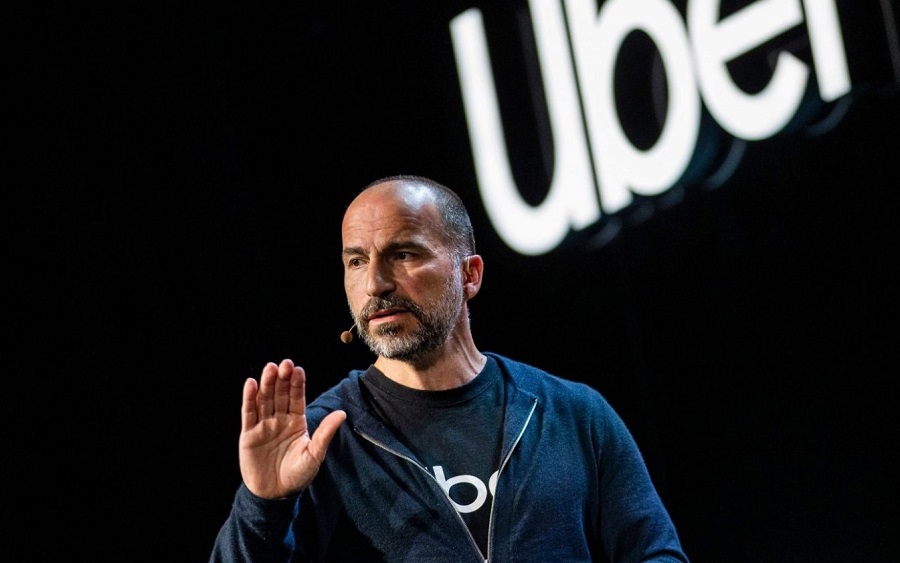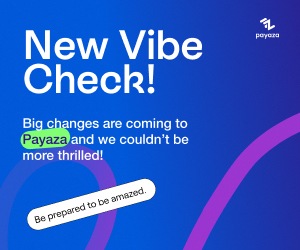- Taiwo Oyedele, Fiscal Policy Partner at PwC, argues that the demand for a 200% price hike by ride-hailing drivers in response to the fuel subsidy removal is excessive.
- Oyedele believes the impact of the fuel price increase on transportation costs should be around 15 to 20%, not the drastic increase demanded.
- He expects market forces to eventually adjust transportation costs to reflect the actual increase in fuel prices in the coming weeks.
The Fiscal Policy Partner and Africa Tax Leader at PwC, Mr. Taiwo Oyedele, has said that the recent demand for a 200% increase in price by ride-hailing drivers across the platforms of Uber and Bolt, among others, is unjustifiable.
Speaking on a News Central TV programme on the impacts of the fuel subsidy removal, Oyedele described the demand as an overreaction to the increase in fuel price. According to him, the impact of the increase in fuel price on the cost of transportation should not have been more than 15 to 20%.
While noting that the lack of data to measure impacts is a major challenge in the country, Oyedele said the ride-hailing app companies must have also calculated the impact of the fuel increase on their drivers, hence they came up with about 15% price adjustment. Oyedele noted that beyond the real impact of fuel subsidy removal on prices, there is also an element of exploitation by some economic actors.
Analysis of impact
Providing an analysis of the impact of the subsidy removal and the attendant impact on the cost of transportation, Oyedele said:
- “For instance, with 1 litre of PMS, a car can travel a journey of about kilometers. If the fare was N4,000 for a trip from MMA2 Ikeja to Ikoyi (about 28 km) which requires 4 litres of petrol at N200 per litre before subsidy removal, the incremental fare should be an additional N1,200 making a new fare of N5,200 (to cover the new pump price of about N500 per litre, i.e. an extra N300 per litre). Charging 200% or more of the old fare is unjustified.
- “The same applies to a bus journey say from Ikeja to Obalende. With an incremental fuel cost of N1,200 to N1,500 and an average of 10 passengers, the new fare should be around N650 (from N500 before subsidy removal).”
Oyedele added that the overreactions from different quarters have made the impacts of the subsidy removal bigger than necessary. He, however, expressed the hope that market forces would make the necessary adjustments in the coming weeks.
Ride-hailing drivers’ demand
Ride-hailing drivers under the aegis of the Amalgamated Union of App-Based Transport Workers of Nigeria (AUATWON), had recently asked Uber, Bolt, Lagride, Indriver, and others to urgently review their prices upward by 200% and set minimum trip fares at N2,000. While making the demand, the drivers expressed concerns over the ripple effect of the new fuel price on its members.
National President of the union, Mr. Adedamola Adeniran, in a statement, said the new fuel price was causing hardship on its members’ earnings and patronages, which is why a 200% price increase is necessary across the platforms.
According to Adediran, app-based drivers lacked the capacity to increase the fare by themselves, unlike independent cab drivers, branded taxi drivers, bus drivers, and others. He also urged the companies not to deactivate any of the drivers as a result of the fuel subsidy removal.

